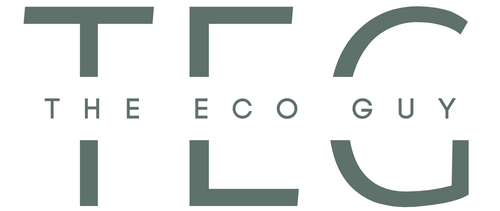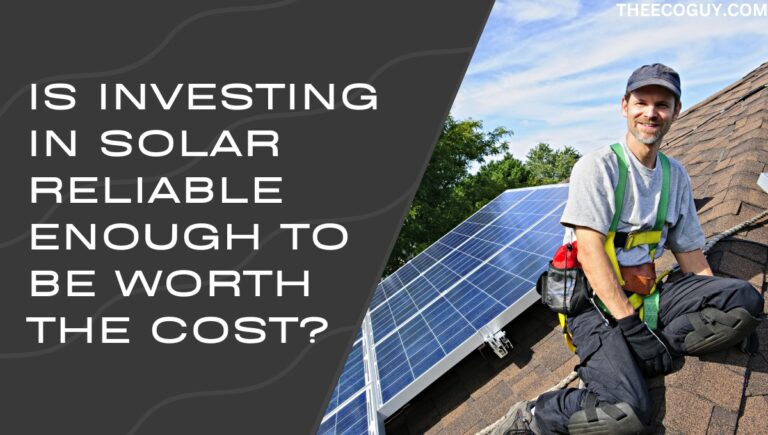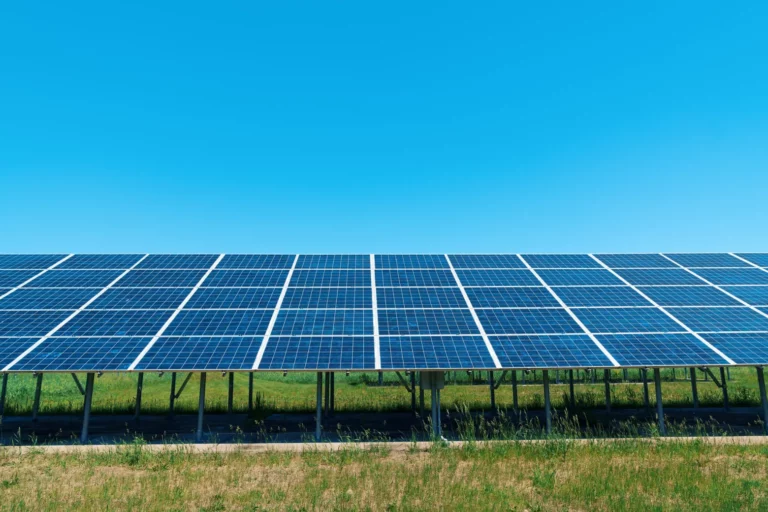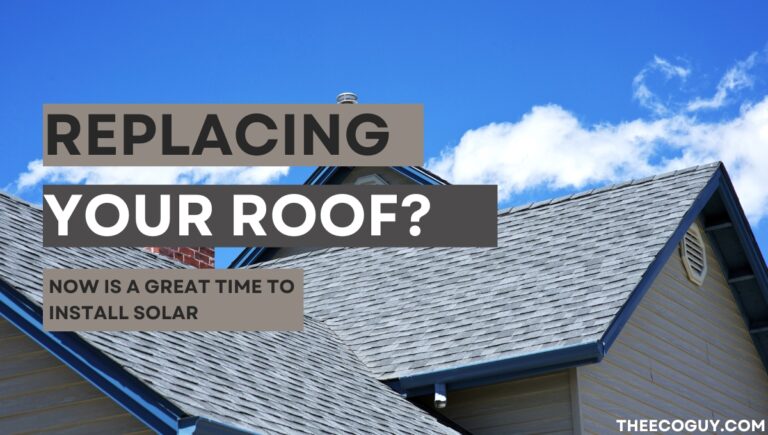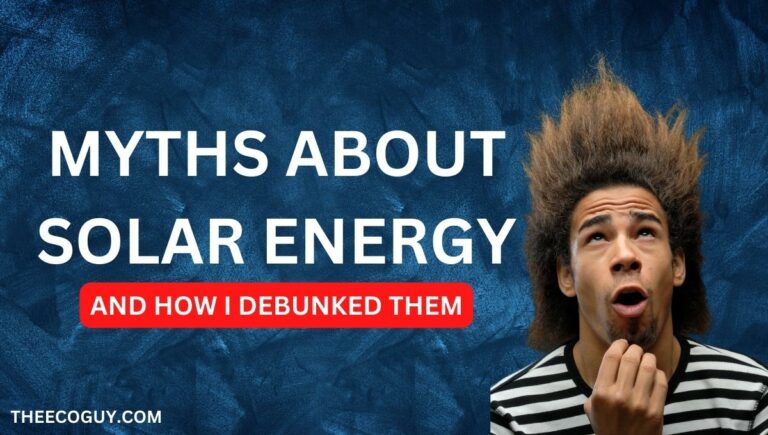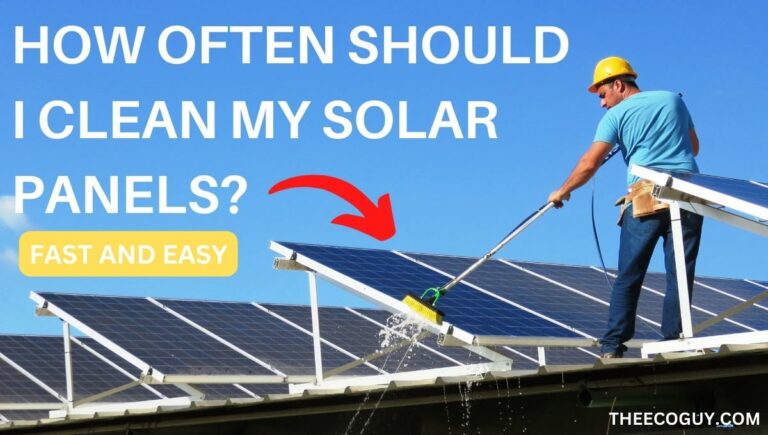Is Solar Energy Right for Your Home? (How to Save Money)
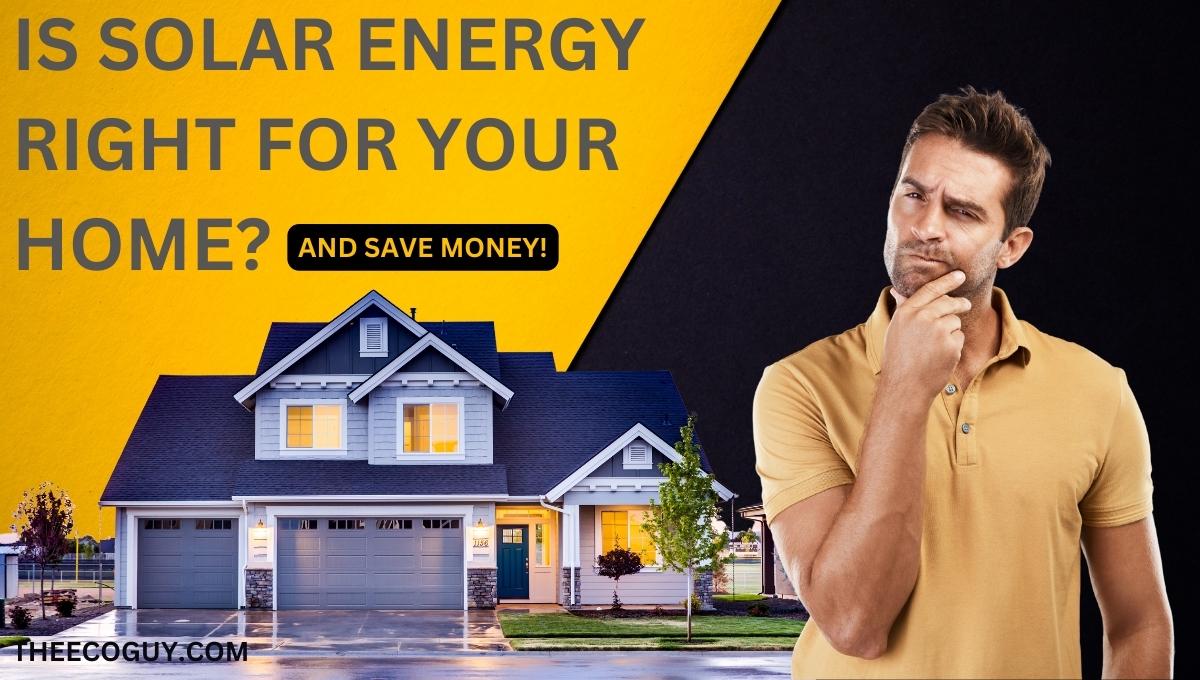
Have you been curious about installing solar panels in your home but aren’t sure if it is the right decision for you?
The answer depends on a few factors, such as your location and roof size. The more sunlight that’s available to you in your area, the more efficient your system will be.
Also, depending on the size and orientation of your roof, it may not offer enough space for a solar panel array large enough to power your home. Are you wondering whether solar panels are right for your home?
In this blog article, we’ll help you find the answers to your questions and how it may save you money so that you can make an informed decision.
What Is Solar Energy?
Let us explore solar energy and what it can do. Solar energy is an environmentally friendly source of renewable energy that’s generated by capturing the sun’s rays with photovoltaic (PV) panels and converting them into usable electricity for your home.
Solar panel systems come in all shapes and sizes, from large-scale projects made up of hundreds of solar panels to smaller installations designed to meet specific energy needs.
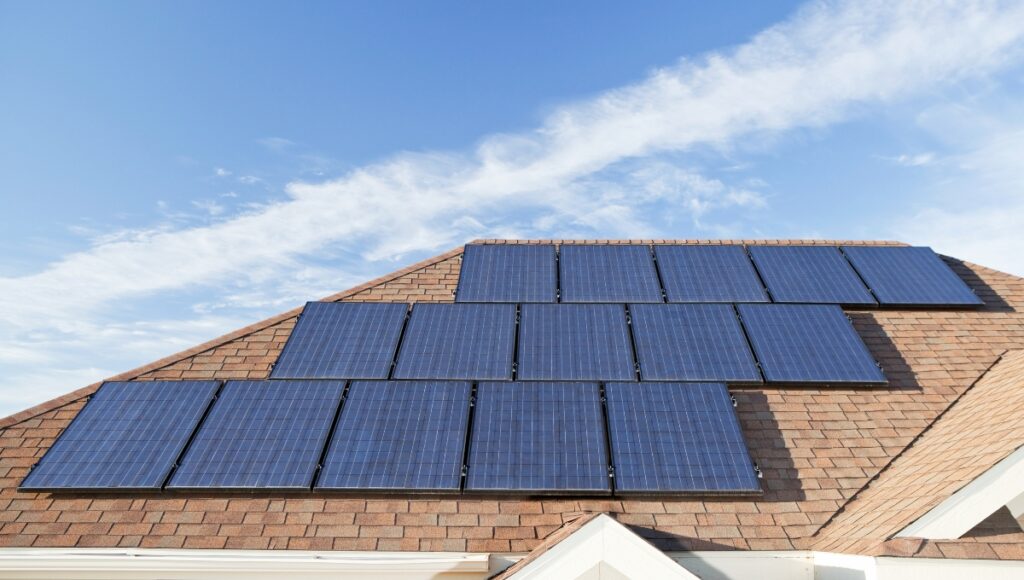
How Does Solar Energy Work?
Solar energy captures the sun’s rays and converts them into usable electricity. Solar panels are made up of photovoltaic cells that absorb sunlight and turn it into an electrical current, which is then sent to a solar inverter to be converted into alternating current (AC) power. The AC power is then fed directly into your home’s electrical system, or stored in a battery for later use.
What Are the Benefits of Solar Energy?
Solar energy has many benefits, the most prominent being that it is a renewable energy source and does not contribute to global warming. Additionally, solar energy can provide cost savings over time as you reduce your dependence on traditional electricity sources.
Not only is solar energy a renewable, green source of power, but it can also provide reliable electricity during times when the electric grid goes down. By storing excess solar energy in batteries, you will still have access to an uninterrupted flow of electricity even if there is a power outage.
Another benefit of solar energy is that it can increase the value of your home, making it a great investment.
What Are the Drawbacks of Solar?
Some drawbacks of solar energy include the initial cost of installing a solar panel system. Solar panels require a significant upfront investment, which can be difficult to recoup in savings.
Additionally, if you live in an area that doesn’t get much sunlight, the system may not be effective enough to generate enough power for your home’s energy needs. Additionally, solar energy systems need regular maintenance to ensure that they are working efficiently.
To ensure your solar system runs efficiently, it is essential to hire a reliable and experienced local solar professional for ongoing maintenance and cleaning.
How Much Does Solar Cost?
The cost of installing a solar panel system for the average homeowner can vary significantly depending on factors such as your location, roof size, and type of solar energy system.
On average, most homeowners will pay between $10,000 to $20,000 for a complete residential solar installation. This price range covers the cost of materials, labor, and other associated costs like permitting fees. Additionally, some states offer tax credits or rebates that can help offset the cost of going solar.
If you are looking to save money in the long run with renewable energy sources like solar power, it is important to do your research and find out what incentives are available in your area before investing. You might be pleasantly surprised to find that going solar is more affordable than you expected!
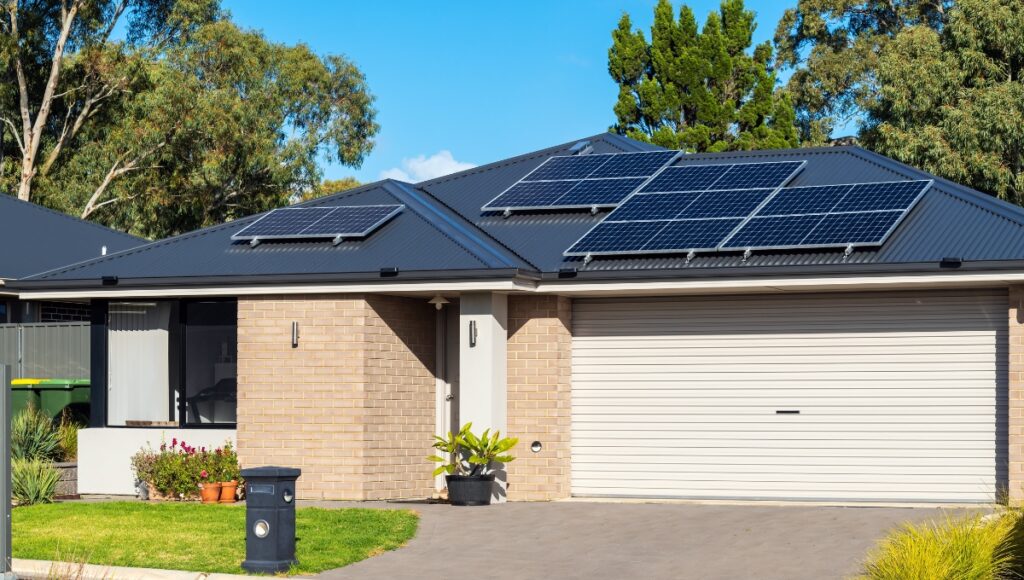
Will Solar Fit My Roof?
Whether solar energy is right for your home depends on several factors, including the size of your roof and what type of solar energy system you choose to install. Regular homeowners typically have roofs that are suitable for installing a photovoltaic (PV) panel system, which can be used to generate electricity from sunlight.
However, if your roof is too small or doesn’t get enough sunlight, it may not be viable for a PV installation. Additionally, various solar panels can be better suited to your roof structure; thin film solar panels and concentrated solar power (CSP) systems are just some of those available.
A solar professional can help you determine the best type of system for your home and what size panels will be needed to meet your energy needs.
How Efficient Are Solar Panels?
Solar panels are becoming increasingly popular as a renewable energy source, and for good reason: they’re incredibly efficient. Solar panels use the sun’s rays to generate electricity, which is then stored in batteries or fed directly into your home’s electrical system.
The efficiency of solar panels can vary depending on the type of panel used and their installation location, but most residential installations will have an average efficiency rate between 15-20%. This means that the amount of sunlight hitting a solar panel will be converted into usable electricity at this rate.
Additionally, newer models may have even higher efficiencies, reaching up to 25% or more! With such high levels of efficiency, it’s no surprise that so many homeowners are turning to solar energy as an alternative power source.
When’s the Best Time to Go Solar?
The best time to go solar is when you are ready and able to make the investment. Solar energy systems require a significant upfront cost, but with tax credits and incentives available in many states, the cost of installation can be greatly reduced.
Additionally, if your roof receives enough sunlight and has enough space for solar panels, it could be worth investing in a system sooner rather than later. The efficiency of solar panels increases over time as technology advances, so installing a system now will ensure that you benefit from the most efficient models available.
By taking advantage of these opportunities now, you can start saving money on your electricity bills right away while helping reduce your carbon footprint!
Do I Need to Fix My Roof Before Installing Solar?
If you have a new home or a relatively new roof, you may not need to worry about repairs before installing a solar energy system. However, if your roof is older and has been exposed to the elements over time, you should have it inspected by a solar professional prior to installation.
This will help identify any potential issues that could affect the efficiency of your panels or cause damage in the future. Additionally, it is important to ensure that your roof can bear the weight of a solar array before installation. Solar installation companies that also specialize in roof repairs make it simpler for you to get your roof fixed and solar installed by working with a single company.
Not only does this save time, but these professionals can provide helpful advice on the best way to move forward regarding your roofing needs.
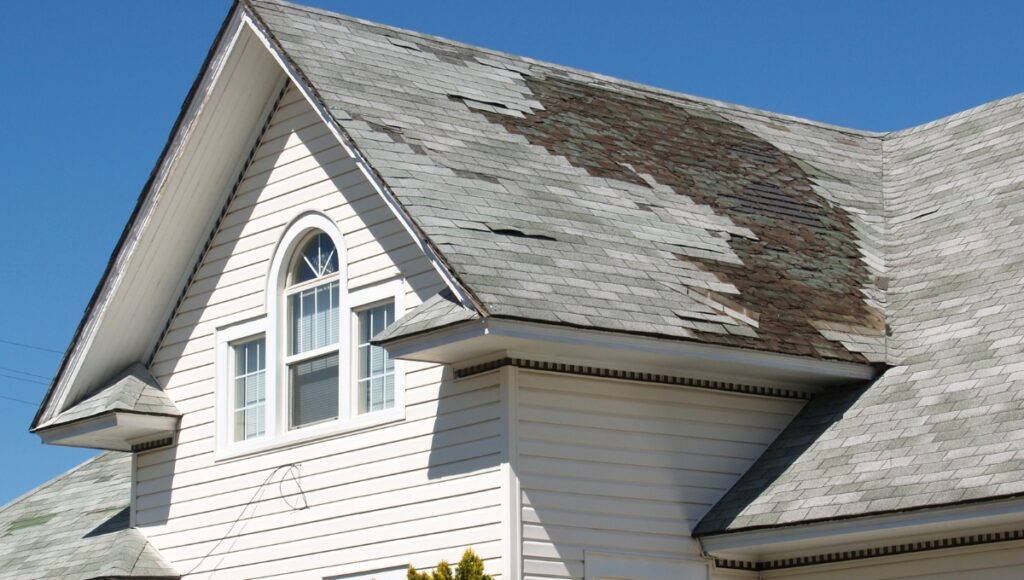
How Much Will It Cost to Fix My Roof?
It depends on how old your roof is and the type of repairs that need to be done. Generally, minor repairs such as loose shingles or flashing can cost around $500-$750, while more extensive roofing work could cost up to several thousand of dollars.
Your solar installation company should be able to provide you with an estimate of the costs associated with any necessary roof repairs before installing your solar energy system. Be sure to shop around and compare costs among different companies to get the best deal for your money.
Are There Solar Incentives Available?
For homeowners looking to install solar energy systems, there are a number of incentives available that can help reduce the cost of installation. Many states offer tax credits and other incentive programs that make going solar more affordable than ever.
Additionally, federal tax credits may be available for those who qualify. These incentives vary by state and are subject to change, so it is important to research your options thoroughly before making any decisions.
Furthermore, some utility companies also provide their own solar incentives in order to encourage customers to switch over from traditional power sources.
Should I Lease or Buy Solar?
When it comes to deciding whether to lease or buy a solar energy system, there are many factors to consider. Depending on your budget and the incentives available in your area, either option could be the right choice for you.
Leasing can be an attractive option if you don’t have enough money upfront for buying a system outright, as it can help lower upfront costs and make installation more affordable.
On the other hand, buying a solar energy system offers greater financial returns in the long run since you will own the equipment and receive all of its benefits without having to pay any monthly fees.
Ultimately, both options have their advantages and disadvantages; it is important that you research thoroughly before making a decision so that you can find the best solution for your needs.
Will Leasing Solar Affect My Home Value if I Sell?
It may be if the new homeowner chooses to transfer the lease, although this is not usually an issue since most solar energy systems last for 20-25 years, and many leases last only 10-15 years.
In some cases, buyers may choose to purchase the system from you at a discounted rate in order to assume ownership. In other circumstances, they may be able to assume your existing solar lease. Although the solar company may charge a transfer fee, you and the buyer can work together to agree upon an arrangement that satisfies both of your needs.
Before signing a solar lease agreement, new homeowners should carefully consider whether leasing a system is the right decision for them since they won’t reap all of the rewards that come with outright ownership.
Wrapping It Up
Solar energy is a great way to reduce your home’s carbon footprint and save money on electricity bills. With the right incentives, you can make the switch from traditional power sources without breaking the bank. Additionally, with careful consideration of costs associated with roof repairs and solar installation, as well as leasing versus buying options available in your area, you may be able to find an arrangement that fits within your budget.
Solar energy has numerous benefits for both homeowners and the environment – now is the perfect time to learn more about how it could work for you!
